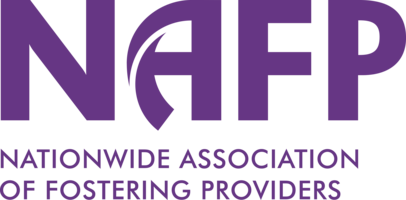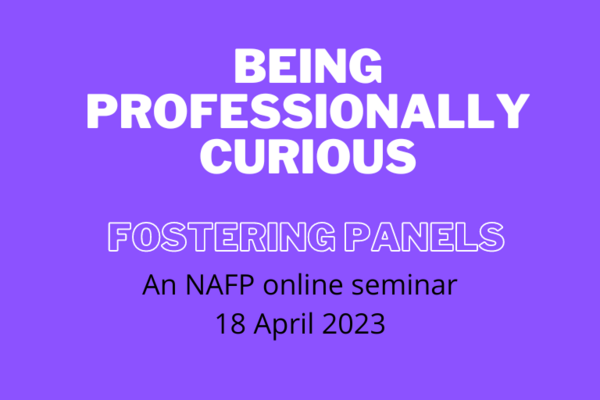Being a panel member requires objectivity, professional curiosity, independence to the fostering agency or the foster carers attending. You are not 'taking sides'. How hard is it not to make judgments or decisions based on our own prior experience, our own thought patterns, assumptions or interpretations and do we know we are doing it?
In this online seminar, we will explore together unconscious bias. Although we like to think we are open-minded, we can we be influenced unconsciously by things that feel 'natural' or 'right;, as opposed to things that take us out of our comfort zone.
Ask yourself are you truly independent to the person sat next to you, are you swayed by 'liking someone, remembering them in a positive way? Do you approach things in the same consistent way if you know that someone might not have adhered to something in the past? Does this challenge us, make us less objective?
Can the weight of an assessment depend on whether the panel warm to the applicant?
Is there a power imbalance within fostering panels? Is there enough challenge, depth to discussions that are clearly minuted to show how recommendations with reasons were gained? Decisions and reasons do not need to be unanimous, there should be enough evidence and analysis that enables you to make your own recommendations.
How important are reference and checks and supporting documents within your organisation? How do they contribute to the overall picture of someones suitability to begin or remain as a foster carer? Do you sometimes struggle to see the evidence and faced with self-reporting reports?
Is your panel diverse enough to encourage differing perspectives of life experiences, different cultures and the difference between cultural norms and safeguarding children?
Should there be a life span for being a panel member? Have you shifted your thinking over knowing the agency well, knowing the workers and having a 'soft spot' for someone that means you are more forgiving?
In this seminar, we will the importance of:
- Professional curiosity
- Professional doubt
- Recognising disguised compliance
- Collusion
About the trainer
Catherine Lockett has worked within social care for 37 years as a practitioner and manager within various settings, many within the fostering sector. Catherine is an associate for NAFP and takes a lead on practice discussions. The work of assessing partners has been developed as a request from members in an attempt to share good practice and develop some consistency around this complex area. NAFP would like to thank the fostering agencies that shared their existing policies to support this work.
(this event will be hosted on Zoom; delegates will be emailed details of how to join a few days beforehand)





